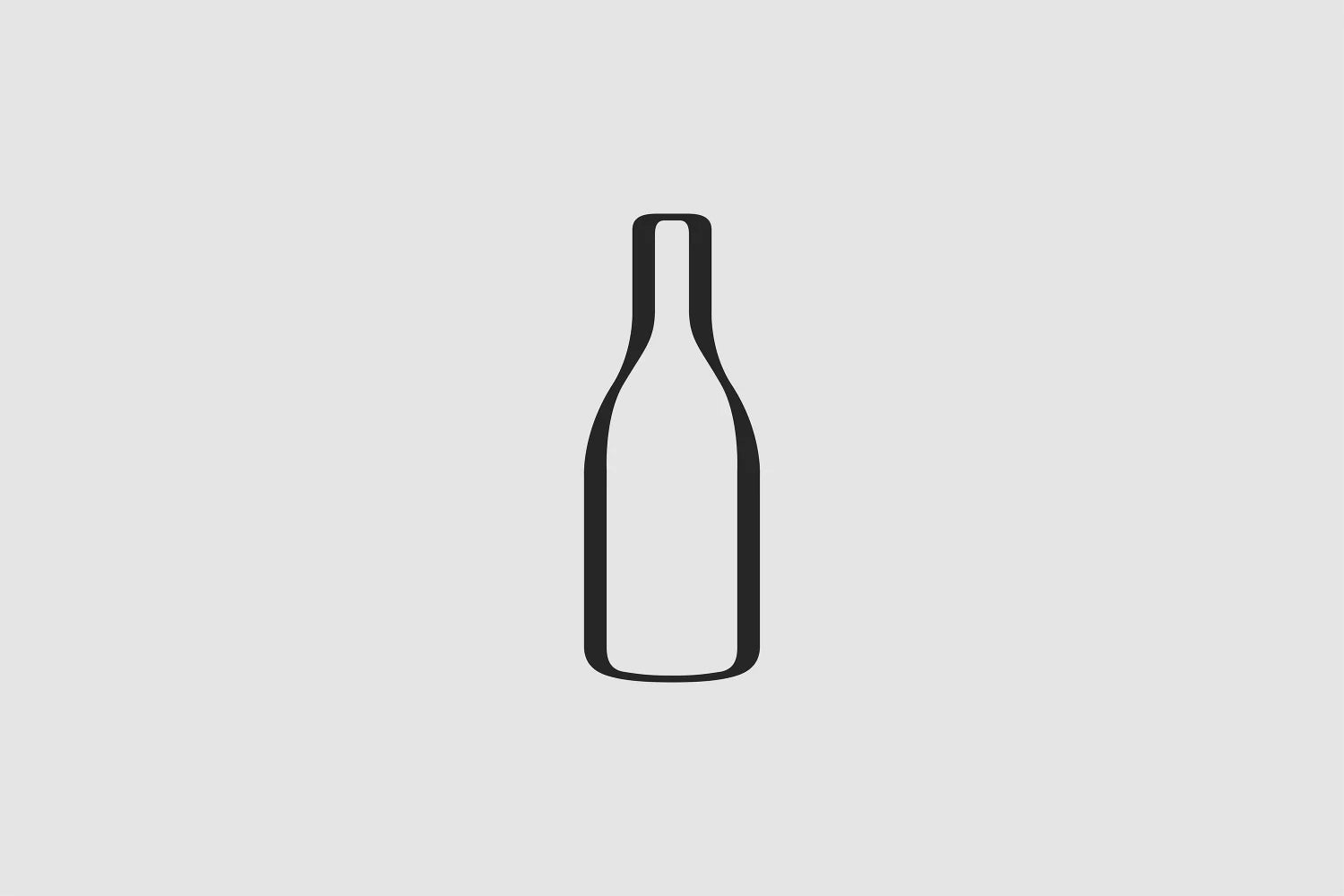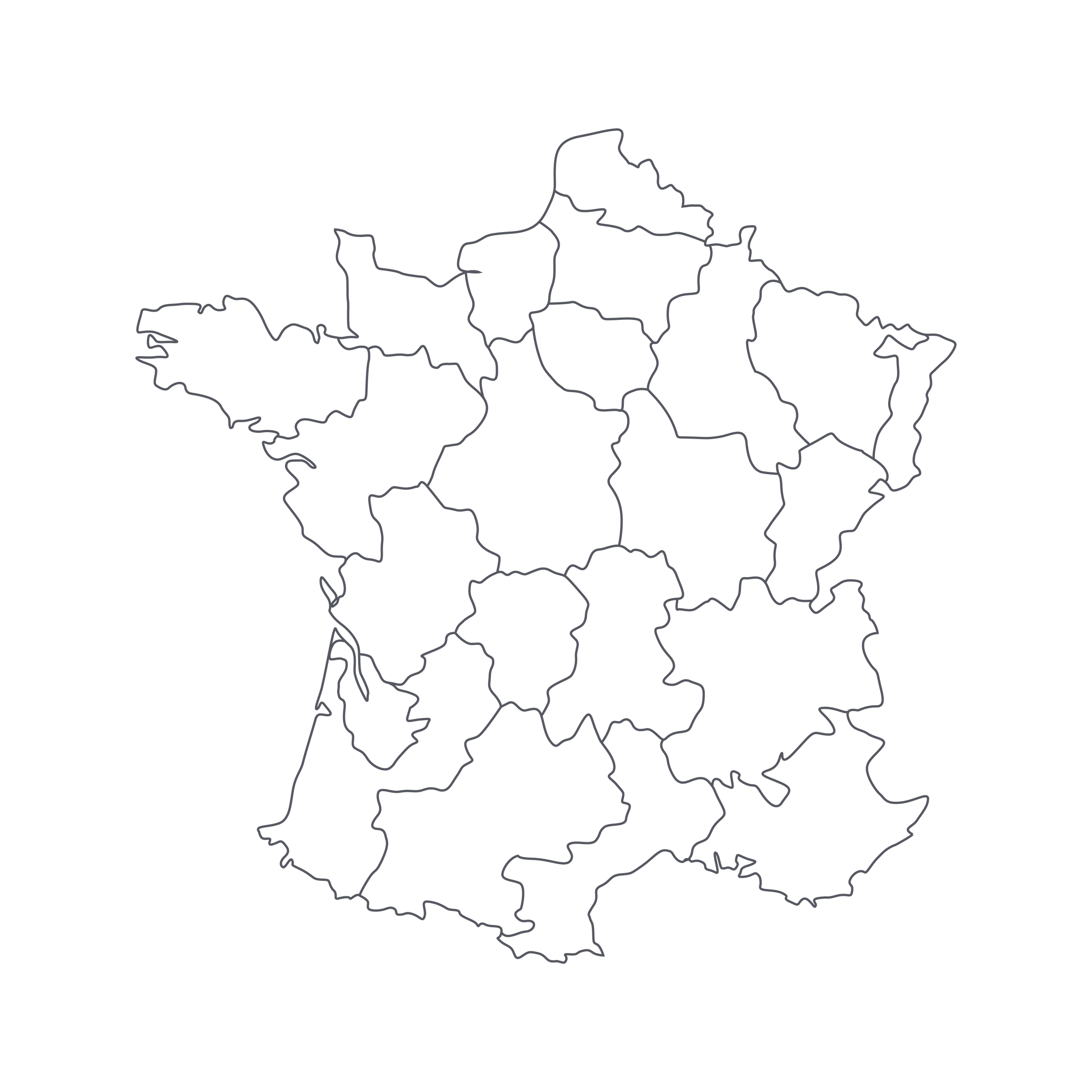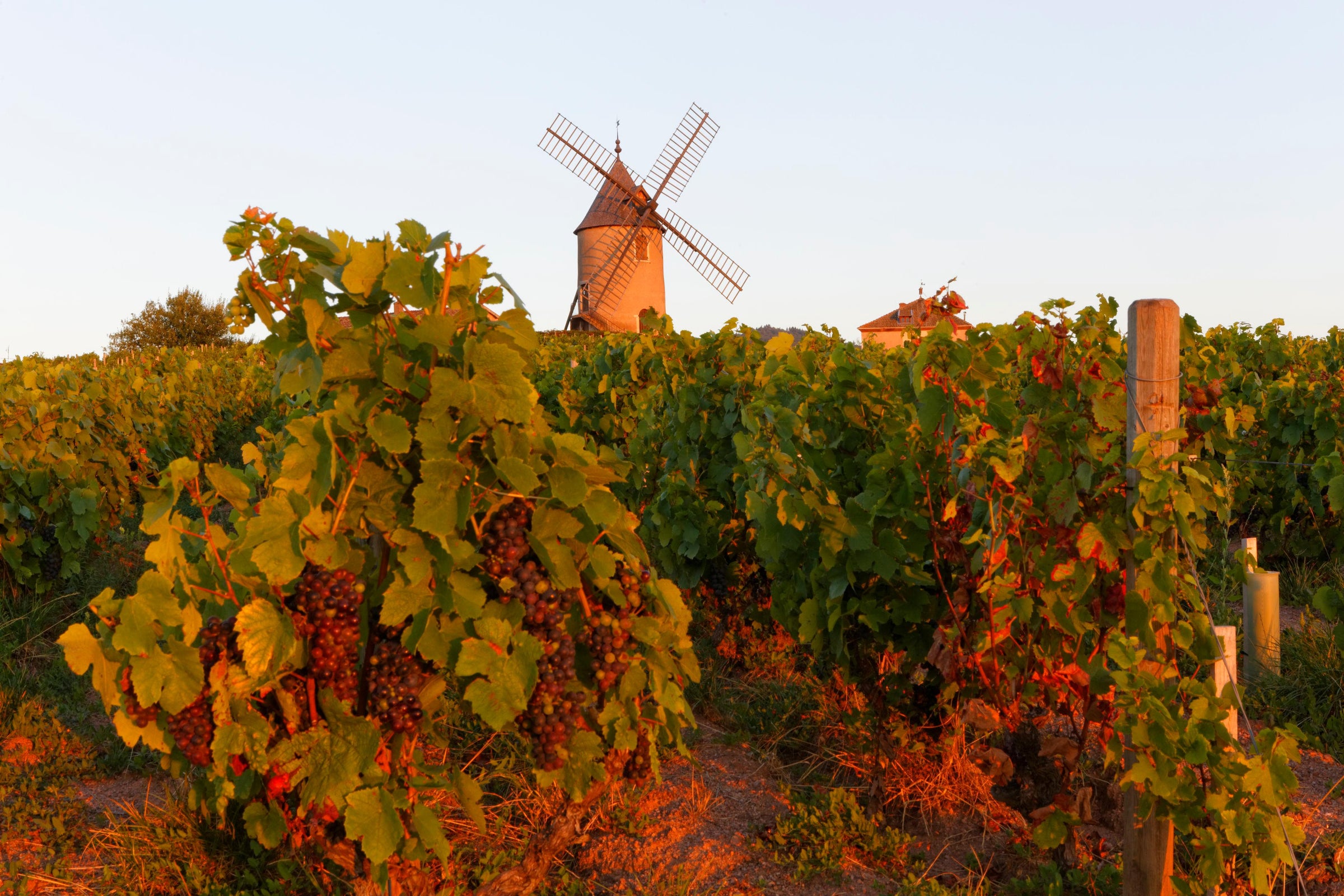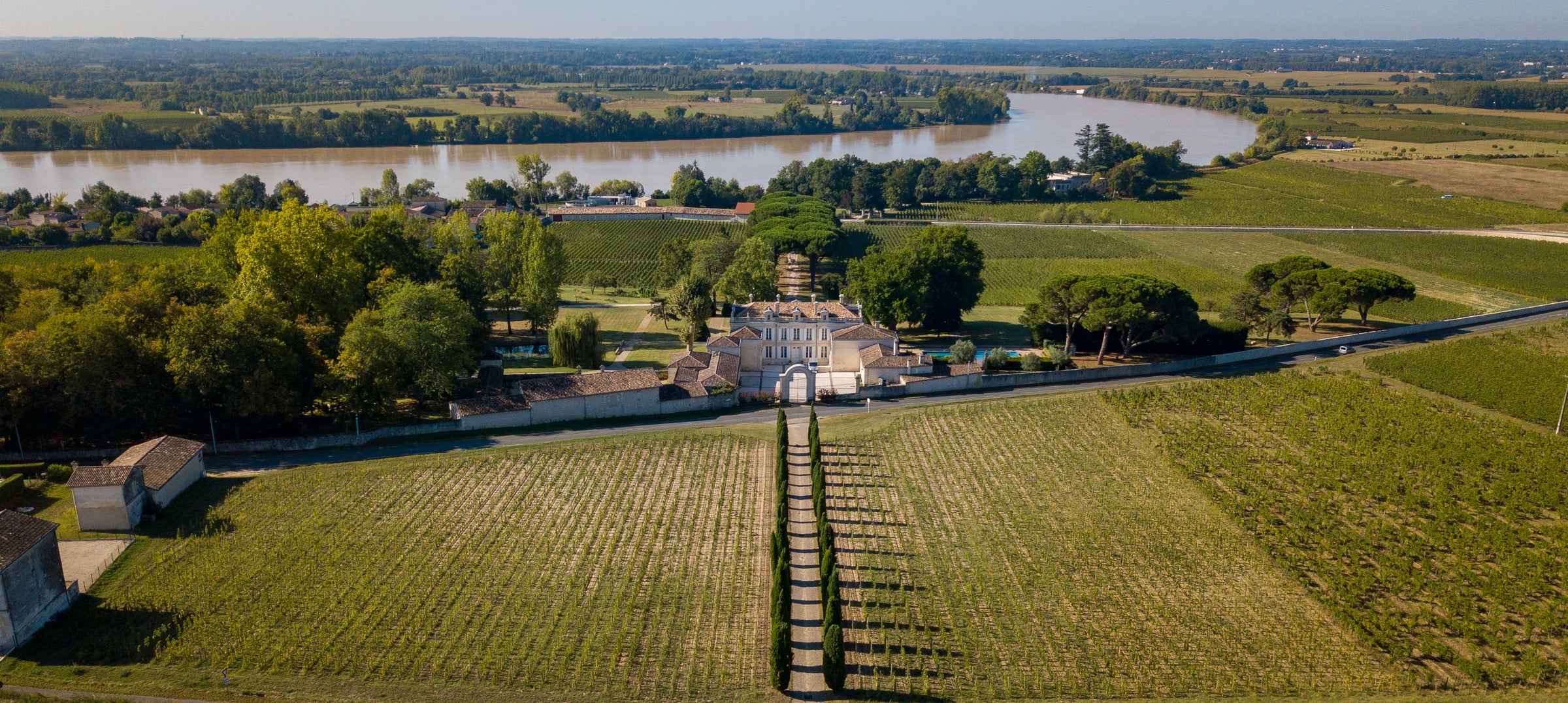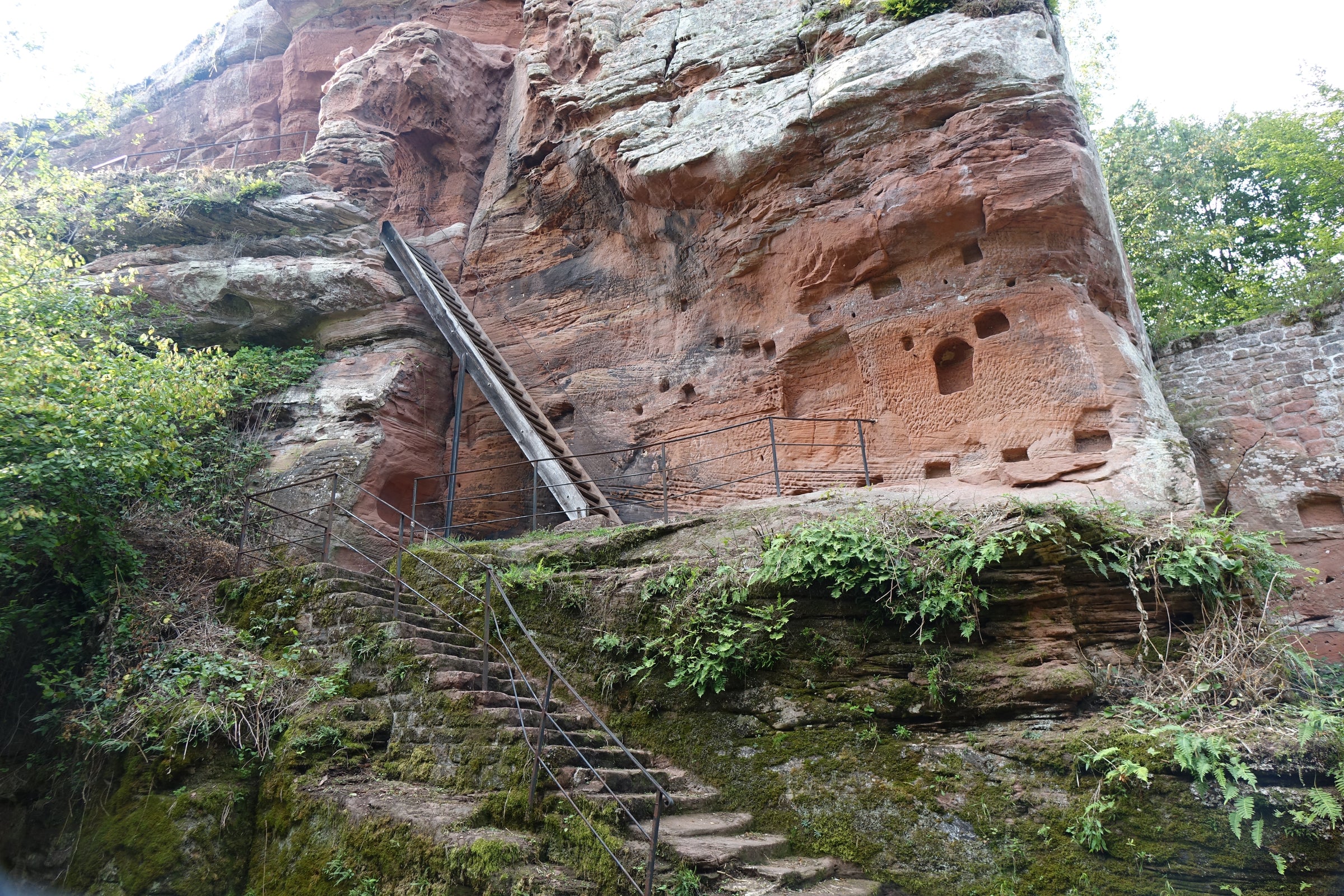(This wine is a special order and will ship Thursday 4/9)
When the legendary Cornas producer Robert Michel retired after the 2006 vintage, he passed down his cellar and vineyard holdings to his young protégé, Guillaume Gilles. Gilles had helped make Michel’s final vintages some of his best, in addition to having spent years honing his craft as an assistant to Jean-Louis Chave in Hermitage. When drinking Guillaume Gilles’ wines it is plainly evident that he picked up a few tricks working under these two legendary producers. These are brilliant wines across the board.
Despite the ever rising pressure to produce riper, smoother, oakier and younger drinking wines, Guillaume Gilles has persevered as a purist in Cornas. This is especially important given that Gilles is carrying the torch in a village is one of the three or four most historically important Syrah-growing appellations in the world. Fortunately, the sommelier community shares my enthusiasm and has received Gilles’ staunchly traditional approach with open arms. Increasingly, Gilles labels are gracing wine lists in this country’s top restaurants and I regularly see the wines uncorked as special treats at industry events and dinners.
Today’s wine, “Les Peyrouses” is from a small 120 year-old parcel of vines in the village of Cornas, which makes this the oldest vines Gilles farms. The vineyard rests at the bottom of the hill of Cornas and is composed of sand, gallet stones, granite and clay. Since taking over the cellar and vineyards of Robert Michel, Guillaume has followed in the footsteps of his mentor. All vines are hand-farmed organically and fruit for today’s wine (and Gilles’ flagship Cornas) is left almost entirely in whole clusters and fermented with wild yeasts before being aged in large neutral oak barrels. “Les Peyrouses” is a beautiful and ancient vineyard that, when partnered with this traditional and restrained approach in the cellar, seems destined to become world class Cornas—but there’s a catch. While “Les Peyrouses” is located inside the village of Cornas, it lies just slightly outside the AOC boundary for labeling wine as Cornas. So instead of bottling the wine as Cornas, Gilles simply calls the wine “Les Peyrouses”. The less expensive vineyard real estate and less prestigious label designation mean that we get to drink a top old vine bottling from one of the best producers in Cornas, but at a surprisingly modest price. One taste of of this wine and you will know this is serious stuff that blows away many other higher priced bottles of Cornas.
The 2011 Guillaume Gilles “Les Peyrouses” has an opaque purple core moving to a dark garnet rim. Dense aromas of wild boysenberry, blackberry, turkish coffee, charcuterie, fresh tobacco, dried black olive, violets and granite slowly rise from the glass as the wine opens up. While in no way imbalanced or heavy-handed, this is still a full bodied wine with rustic tannins that announces itself in the glass. The palate resonates deeply with crushed granite, black pepper, meat, cacao, sweet dark berries, and an extremely long finish that is both satisfying and refreshing. As with all Guillaume Gilles’ wines, this bottle is built to improve for years in the cellar. I have already purchased a case which I will look forward to breaking into over the next two decades. Still, as with many great northern Rhône reds in 2011, this wine is open and drinking gorgeously today. Decant the wine for 1-2 hours prior to drinking it in large Bordeaux stems at 60 degrees and you will be good to go. This bottle demands a place at the dinner table so I urge you to enjoy it with
this incredible slow braised beef cheek recipe. It is worth taking an extra moment to track down this unusual cut of beef—I assure you the final product will be worth your while. The richness in the dish is a perfect companion to this earthy and structured old vine northern Rhône Syrah.
